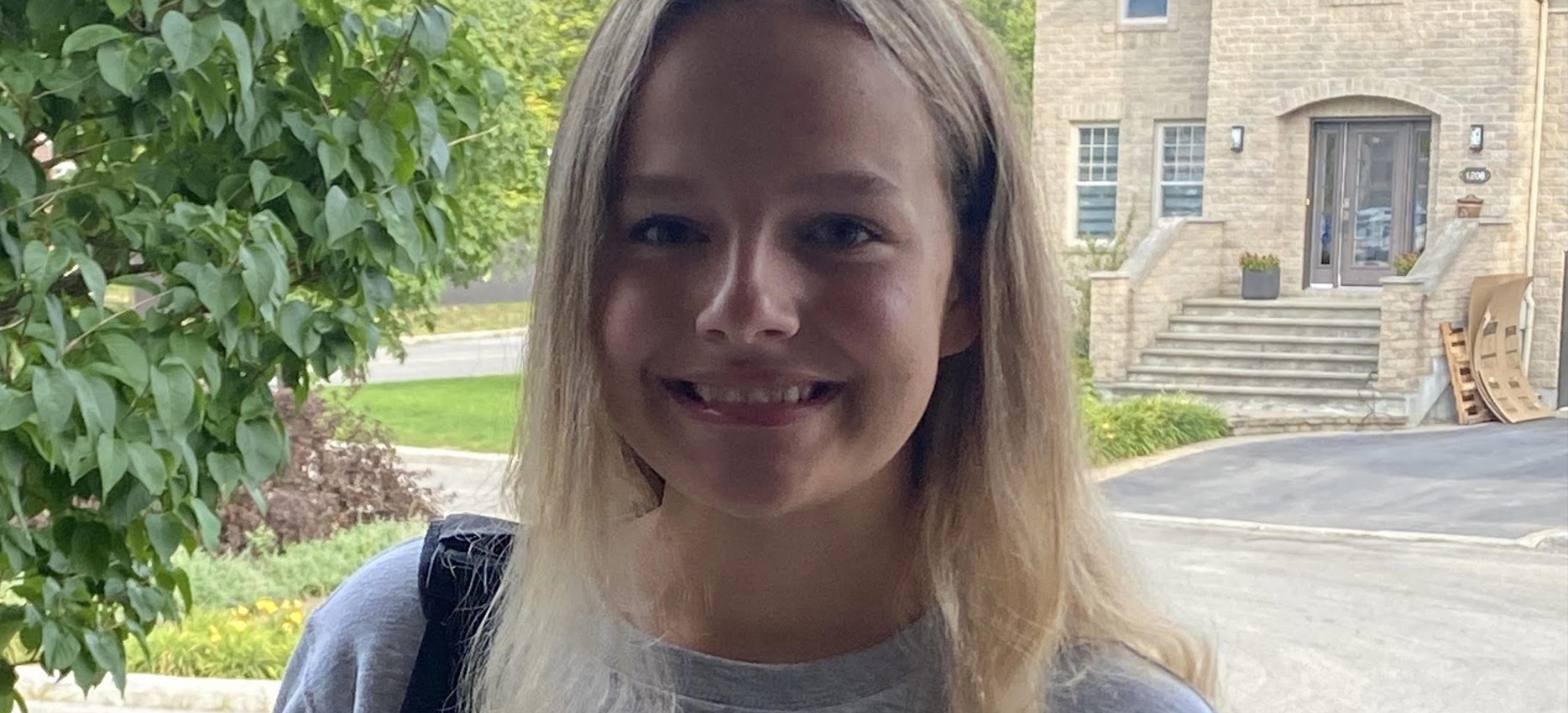
A Secondary V Student Takes on Organ Donation Awareness!
“Many students told me that my presentation had enlightened them on the issue of organ donation...
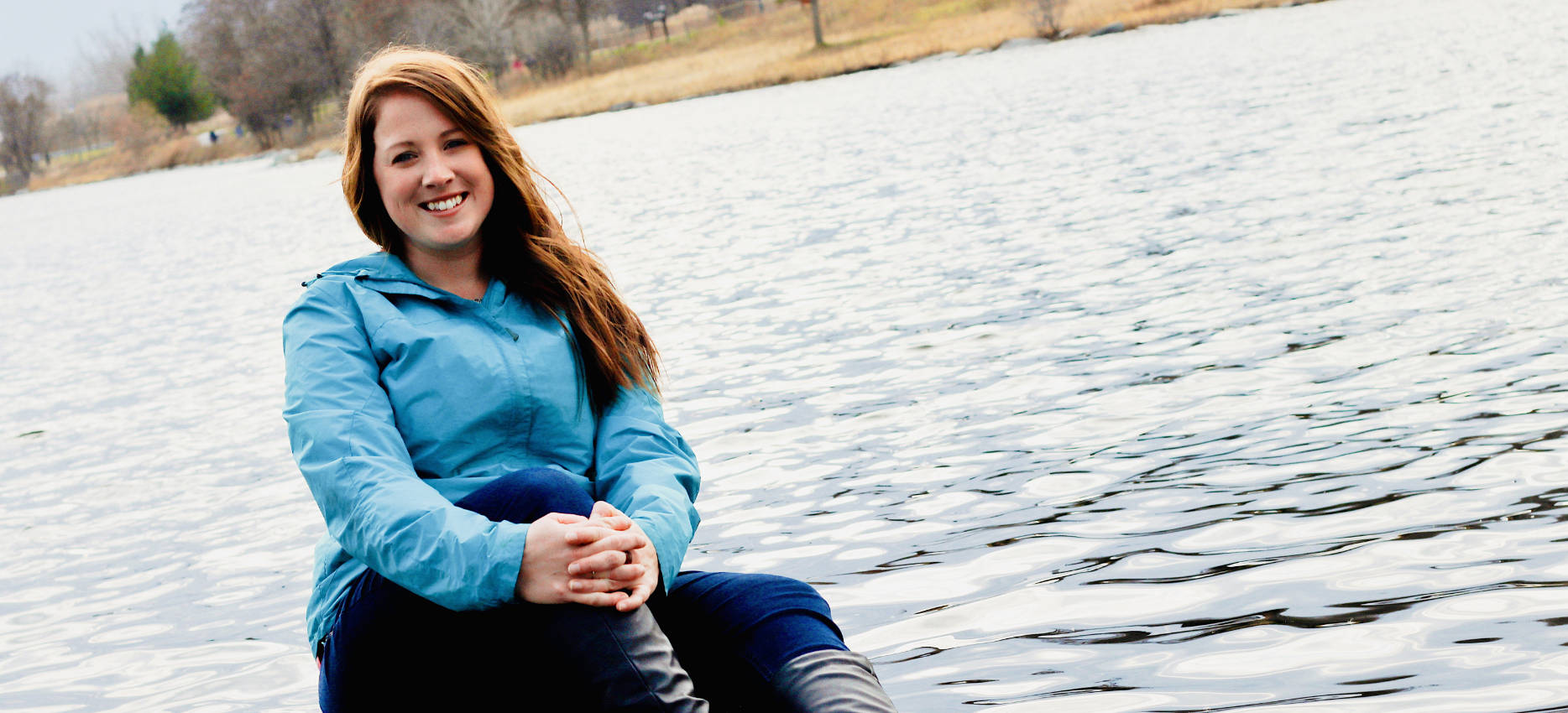
After more than a year of waiting, I received the most important call of my life on July 23rd 11p.m. I would become the first kidney recipient at Hôtel-Dieu de Québec during the COVID-19 pandemic!
In my mid-twenties, I knew absolutely nothing about organ donation. I was at the beginning of my career as an ESL teacher. My head was full of projects and ambition. Then, one day, the doctor discovered that my kidneys were only functioning at 40% of their capacity and a kidney transplant would be necessary in the near future. No one had ever spoken to me about organ transplants before. It was a subject that did not concern me, that had never been discussed at school, in my family or with friends...
My kidneys rapidly lost their ability to function, triggering the laborious preparation to be an organ recipient, and in November 2018, I was officially on the waiting list. At that moment, I realized the importance of organ donation.
In March 2019, my life turned completely upside down, as if the Earth stopped turning. I began dialysis with a central venous catheter in my neck. My treatments were three times per week at the hospital. I had to stop working; my disease had invaded my life.
I finally went back to work in September 2019 and began nocturnal home hemodialysis. I had to do everything – handle the needles, take care of the dialysis machine, store and order my supplies, recognize and handle any problems, etc. I was an English teacher by day and, despite myself, I became a hemodialysis nurse by night. I had to master everything. My life was in my own hands.
In November 2019, my catheter became infected and the doctor decided to install a fistula in my arm. Once again, my illness prevented me from living a normal life. Back again I went to the hospital three times a week to learn a new technique. It required me to insert two sharp needles into my vein. This was physiologically challenging.
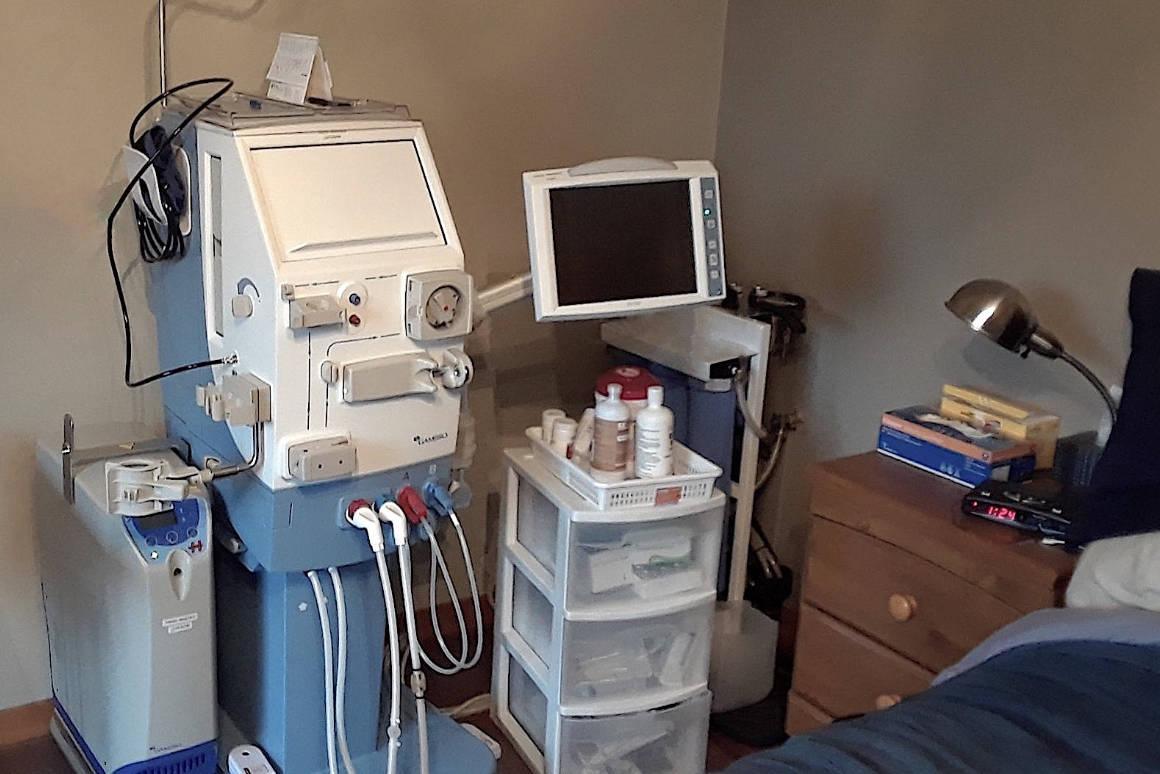
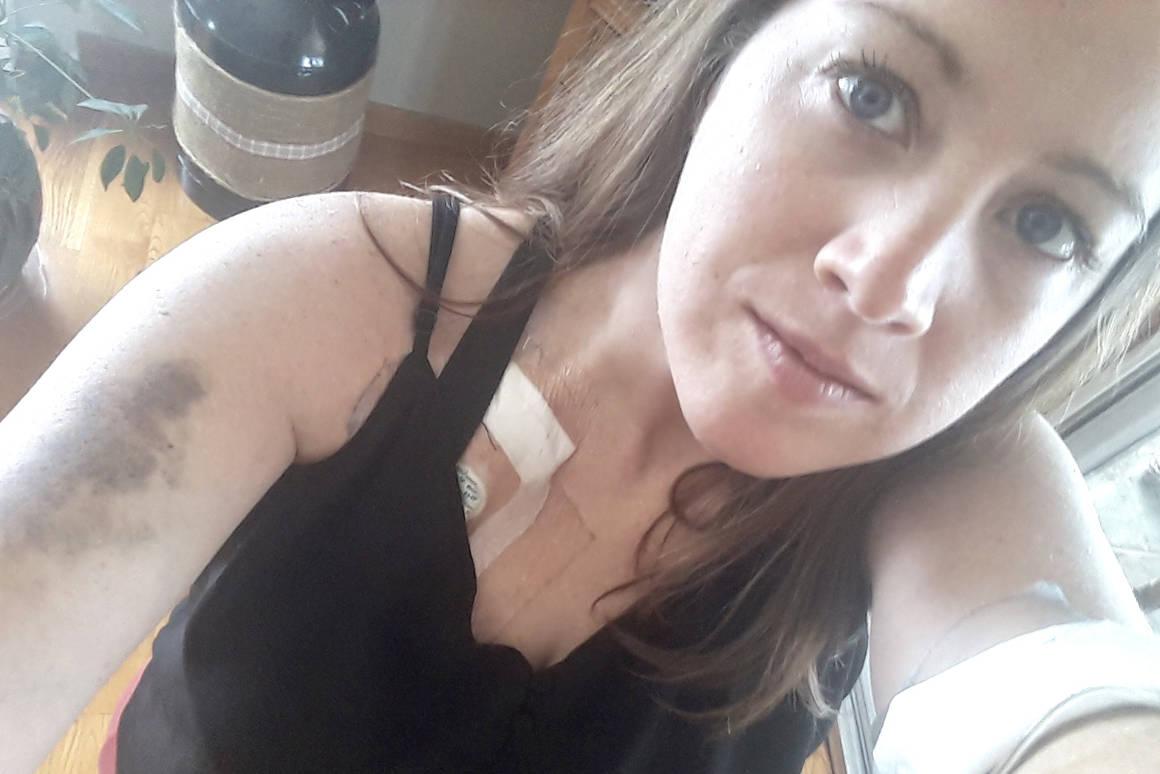
I felt like this nightmare would never end and that my health was deteriorating faster than ever. A machine was keeping me alive but it was also damaging my body . A woman who begins dialysis at 30 years old has a life expectancy of 16 more years. She can therefore only expect to live until approximately 45 to 50!
When I returned to work in January 2020, I discovered the wonderful Chain of Life program. I learned that its mission is to teach about a subject that is still sometimes considered taboo: organ and tissue donation. In my opinion, Chain of Life is the beginning of a better future. As an English teacher waiting for a kidney transplant, I understand the immense impact this program can have on our society.
I am unbelievably grateful to Lucie Dumont and her team for giving students the chance to learn and listen to testimonials, to reflect and initiate discussions with their families on organ and tissue donation. I believe that this awareness in schools will go a long way toward abating the waiting list problem. In addition, this program is extremely well-structured to help teachers guide teenagers through detailed steps of learning and reflection with the goal of adopting an enlightened, personal position on organ and tissue donation.
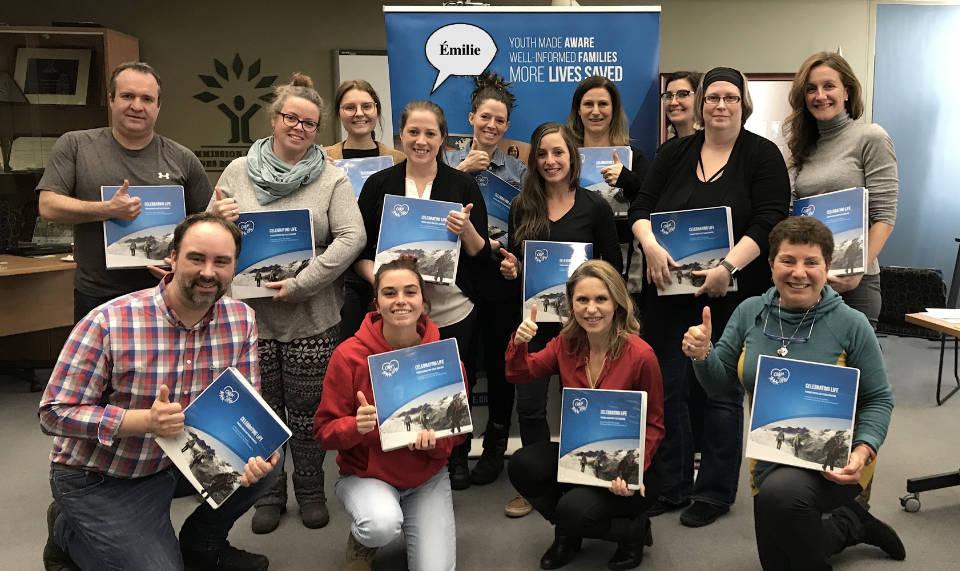
After more than a year of waiting, I received the most important call of my life on July 23rd, 11p.m. ‘’We have a perfectly healthy kidney for you. Head to the hospital, we will operate on you at 6 o’clock tomorrow morning.’’
I became the first kidney transplant recipient at Hôtel-Dieu de Québec in the middle of the COVID-19 pandemic!
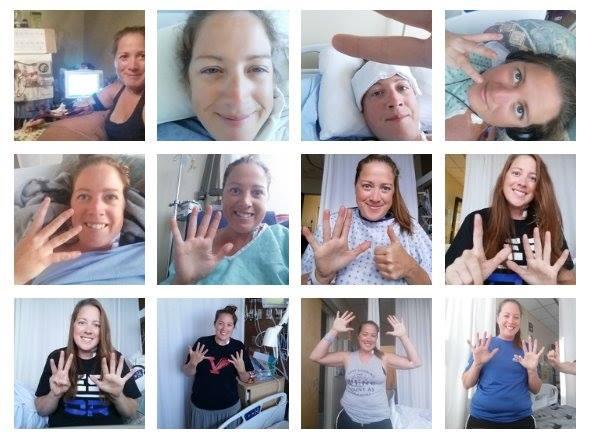
All my thoughts are with the grieving family who lost a loved one but has said YES to organ donation. This stranger and his/her family saved my life.
July 24th 2020 is my new birthday, a new beginning, a new life. I promise to take good care of it, and I will be forever grateful. Thank you to my angel who saved me.
Émilie Lefebvre
ESL teacher
École secondaire du Rocher, Shawinigan
(Text as written by Émilie Lefebvre)

“Many students told me that my presentation had enlightened them on the issue of organ donation...
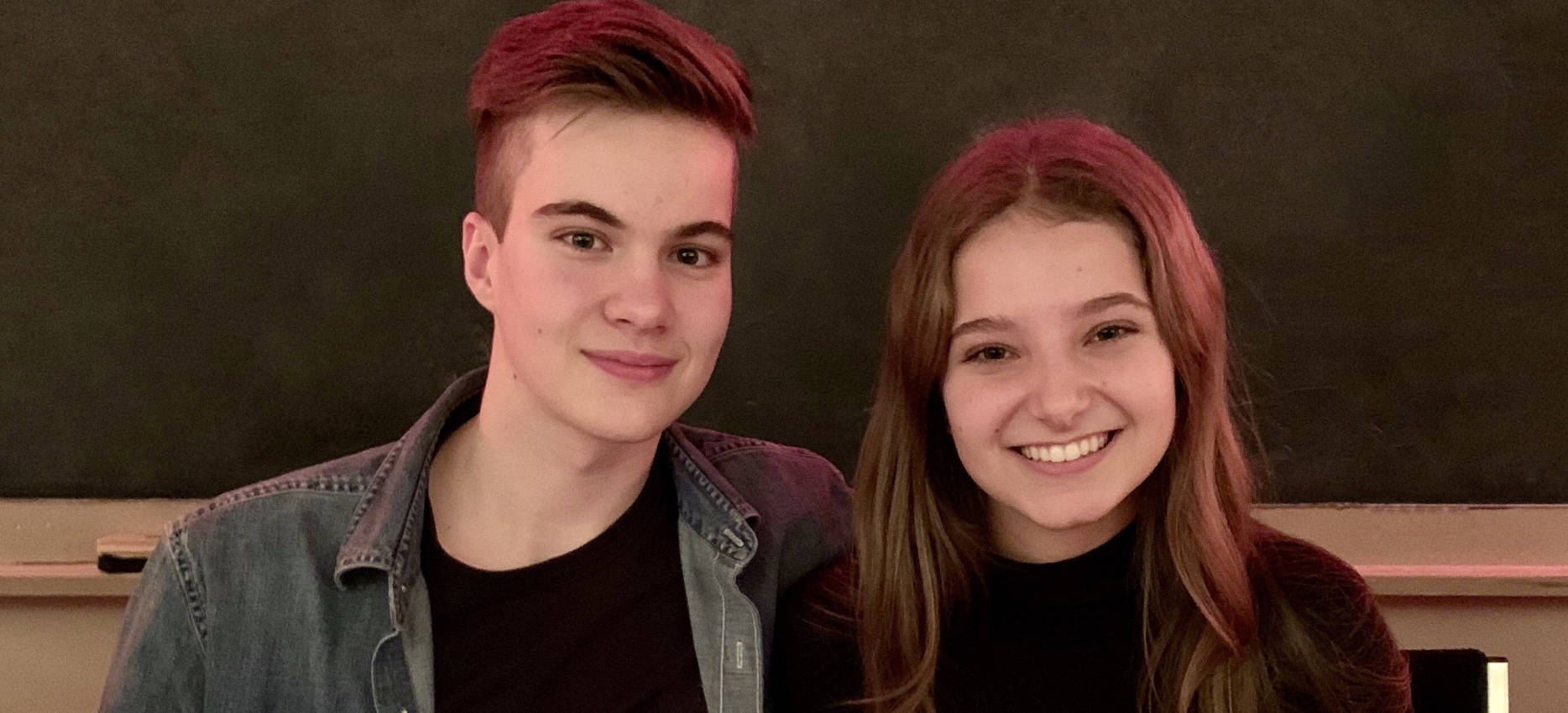
Our mission: To promote organ and tissue donation among young people and the general population and...